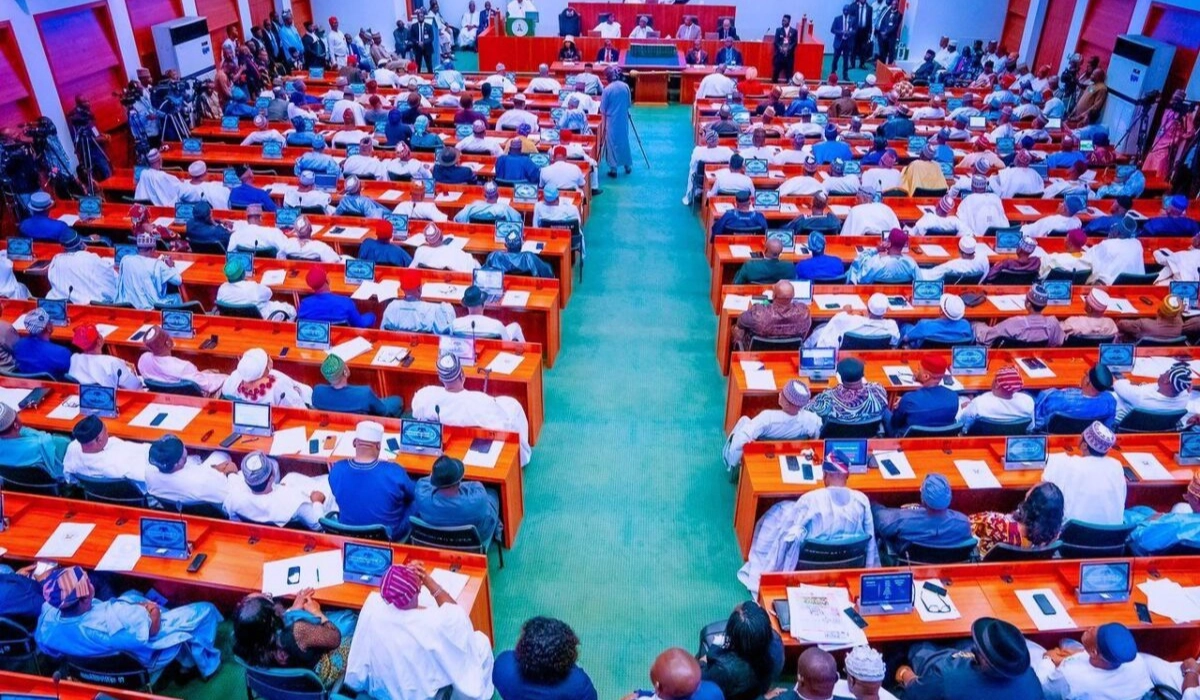The Senate of Nigeria has moved decisively to strengthen the country’s financial governance framework following its recent removal from the Financial Action Task Force (FATF) Grey List in October 2025. This significant legislative action comes as part of an effort to consolidate gains made in anti-money laundering (AML) and countering the financing of terrorism (CFT), ensure continuous compliance with global financial standards, and sustain investor confidence sparked by the delisting.
The FATF Grey List delisting for Nigeria was officially announced during the FATF’s October 2025 plenary in Paris, France. This milestone follows a strenuous reform process involving coordinated efforts from President Bola Ahmed Tinubu, the Nigerian Financial Intelligence Unit (NFIU), various government agencies, and supportive international institutions. The Senate has recognized these achievements and intends to institutionalize ongoing oversight and policy review processes spearheaded by its Committee on Anti-Corruption and Financial Crimes.
In a motion sponsored by Senator Emmanuel Udende (Benue North-East), adopted with overwhelming support from lawmakers, the Senate expressed commendation for the executive branch and key agencies responsible for Nigeria’s successful removal from the FATF Grey List. Senator Udende emphasized that the delisting is not an endpoint but rather the beginning of a new era that requires continuous vigilance, transparency, and strengthening of the AML/CFT regime to prevent any relapse into global financial scrutiny.
“The Senate must ensure that our institutions remain vigilant, compliant, and innovative in addressing emerging financial crimes and risks,” Udende remarked during the debate. He pointed out that sustained legislative engagement and robust policy evaluation are crucial to keeping Nigeria aligned with international best practices and responsive to evolving financial threats. The Senate’s oversight mandate will empower it to conduct regular reviews and monitor the implementation of reforms effectively, enhancing institutional accountability.
Senate President Godswill Akpabio also lauded the efforts of the Executive and relevant agencies, underscoring the legislature’s commitment to maintaining Nigeria’s financial system integrity. “This Senate will not only celebrate milestones — we will sustain them. The Committee on Anti-Corruption and Financial Crimes must ensure consistent monitoring and robust policy evaluation to keep Nigeria at the forefront of global financial transparency,” Akpabio declared.
The resolution passed by the Senate calls for enhanced collaboration among financial regulators, law enforcement agencies, and the private sector. It urges these entities to improve compliance mechanisms and strengthen inter-agency coordination to promote accountability across all levels of financial operations. This holistic approach aims to build a resilient financial governance architecture capable of mitigating illicit finance risks and fostering a healthier economic environment.
Economically, the FATF delisting is viewed as a major boost for Nigeria’s credibility within global financial systems. Lawmakers highlighted the tangible benefits, including increased investor confidence, smoother cross-border financial transactions, reduced transactional costs, and greater access to international credit markets. Financial institutions previously constrained by the stigma and regulations of grey listing can now operate with enhanced efficiency, potentially stimulating growth in key sectors such as energy, technology, agriculture, and manufacturing.
Senator Udende noted that the delisting “restores Nigeria’s international credibility and compliance with FATF recommendations,” thereby enhancing the country’s reputation as a safe and attractive destination for foreign direct investment. The Senate expects the reforms to contribute positively to the country’s overall economic recovery, strengthening the naira, stabilizing regulatory policies, and creating jobs. However, the lawmakers issued a warning that these gains could be easily reversed without sustained and adaptive reforms supported by strong legislative oversight.
The journey off the FATF Grey List was the result of collaborative reforms executed over approximately two years between Nigerian financial authorities and the FATF, along with regional partners such as the Inter-Governmental Action Group Against Money Laundering in West Africa (GIABA). These reforms involved tightening regulations, improving financial transparency, and enhancing the country’s compliance with international AML/CFT standards.
The Senate’s move to intensify legislative oversight mirrors global trends where countries strive to fortify their AML/CFT frameworks post-FATF evaluations. The development aligns with recent FATF initiatives to strengthen global financial governance standards, including updated recommendations on wire transfers, trust guidance, and measures addressing virtual asset service providers, all part of ongoing efforts to combat money laundering and terrorist financing worldwide.
In conclusion, Nigeria’s Senate has taken a pivotal step to ensure that the country’s removal from the FATF Grey List translates into lasting systemic improvements. Through reinforced oversight, policy reviews, and inter-agency cooperation, Nigeria aims to entrench a transparent, compliant, and robust financial governance framework that protects its economy from illicit finance risks and sustains investor confidence in the years to come.


